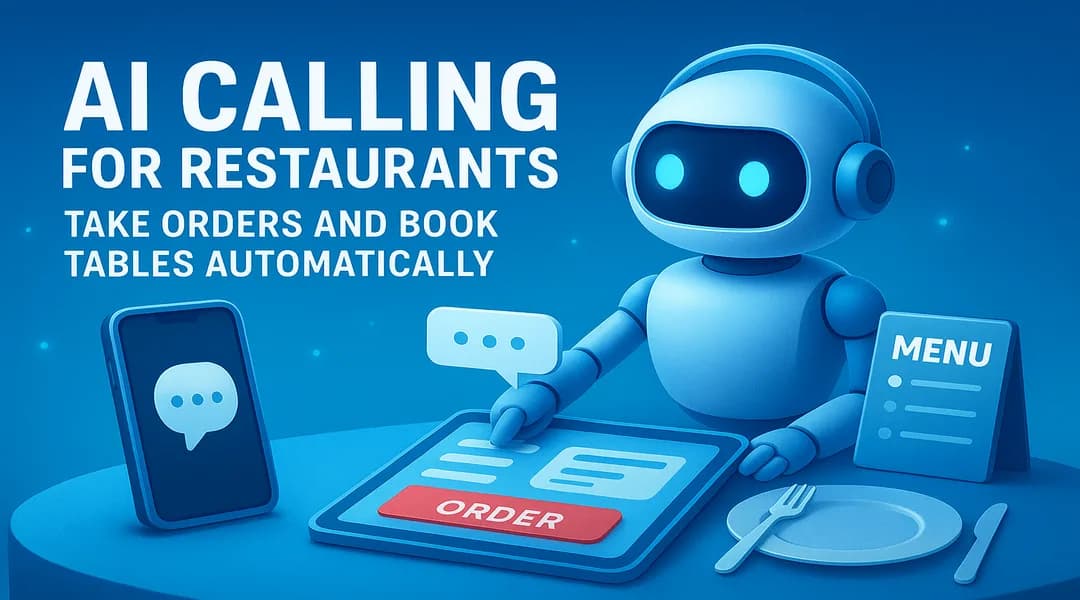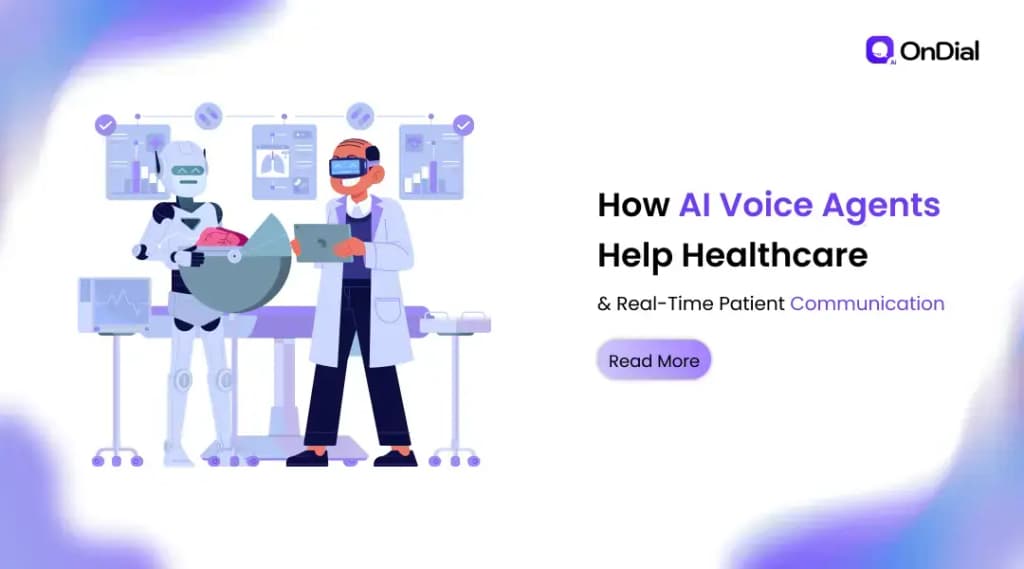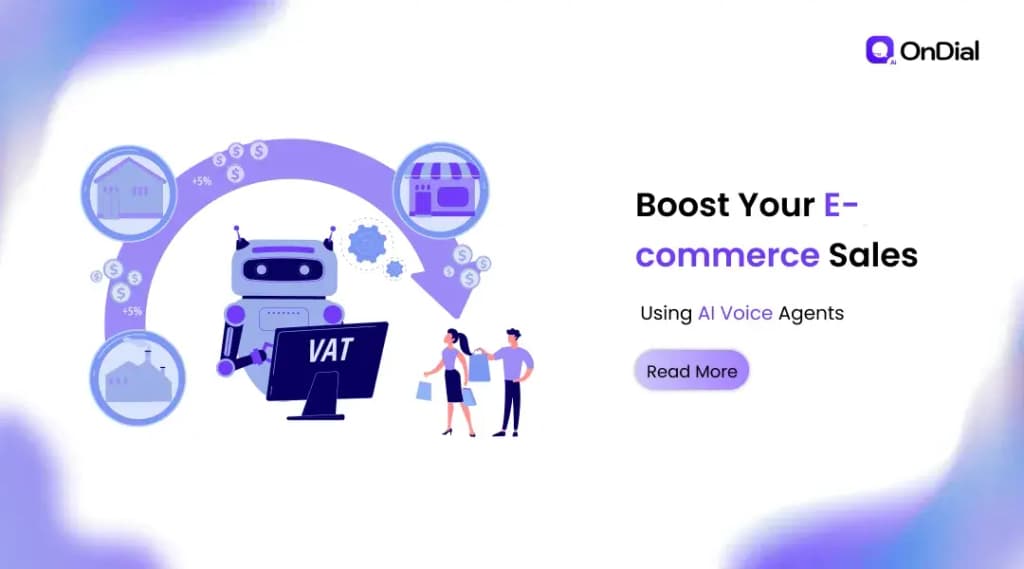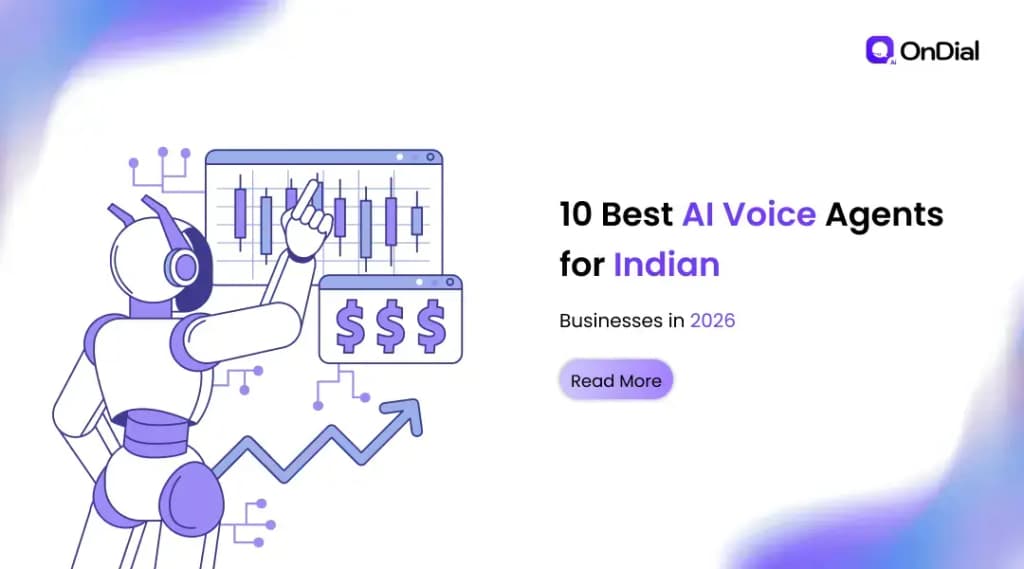Let’s be honest. Every restaurant owner has faced that moment—the dinner rush, phones ringing off the hook, customers waving for attention, and staff juggling orders while trying not to drop a plate.
I’ve watched it happen countless times. And I’ve heard the same exhausted sigh:
“If only someone could just handle the calls.”
Now, someone can. Actually, something.
AI calling for restaurants isn’t a buzzword or another half-baked tech fad. It’s the next practical step in restaurant operations—a system that can answer your phone, take orders, book tables, and even follow up with customers, automatically.
Not robotic. Not impersonal. Just reliable. Let’s unpack how it actually works.
How AI Handles Orders and Table Bookings Automatically
Voice Recognition Technology
At its core, AI calling systems rely on advanced voice recognition and natural language understanding. These systems don’t just “hear” words—they interpret intent.
So when a customer says:
“Hey, can I book a table for four at 8 PM?”
The AI instantly understands:
- Request type → Table reservation
- Party size → 4
- Time → 8 PM
It confirms the booking, updates your system, and even sends a confirmation text.
And yes, it handles accents, pauses, and real-world noise—because it’s trained on thousands of real restaurant interactions, not just studio-quality samples.
Integration with POS and Booking Systems
This is where the magic becomes useful. AI calling connects directly to your POS and reservation software—whether that’s PetPooja, Zomato, Dineout, or your custom system.
That means every phone order is synced with your kitchen queue. Every booking updates in real time. No double-bookings, no missed calls, no scribbled notes on tissue paper.
Benefits of AI Calling Systems for Restaurants
1. 24/7 Availability
Customers don’t care if it’s 11 PM or 7 AM. They just want to place an order. With AI handling calls, your restaurant is “open” round the clock—without paying overtime or leaving staff on standby.
2. Reduced Staff Workload
Your best servers shouldn’t be glued to the phone. Let them focus on hospitality, while AI handles repetitive questions like:
- “What’s today’s special?”
- “Are you open for lunch?”
- “Will you deliver to Andheri?”
Every minute saved is a minute spent improving the actual dining experience.
3. Faster Order Management
No more “please hold.” AI calls process multiple conversations simultaneously. Orders are taken, confirmed, and pushed directly to your kitchen printer or POS—faster than any human could type.
4. Better Customer Experience
Ironically, automating calls makes your restaurant feel more human. Why? Because responsiveness builds trust. When calls are answered instantly, customers feel valued—and that’s what they remember.
Real-World Use Cases: How Restaurants Are Using AI Calls Today
I’ve seen small cafés in Pune triple their online order accuracy after adding AI phone answering.
A fine-dine in Delhi uses an AI voice assistant for restaurants that greets customers by name (pulled from CRM data) and suggests their last favorite dish.
A multi-brand cloud kitchen in Bangalore uses a restaurant automation system that handles 90% of incoming calls—leaving just 10% for special requests.
These aren’t pilot projects. They’re running businesses using voice AI right now.
How to Implement AI Calling in Your Restaurant
Setup Process
Step one: integrate your current phone line or IVR with an AI voice assistant platform like OnDial.
Step two: connect your POS and reservation APIs. Step three: train the system on your menu, offers, and policies.
That’s it. You’re not coding. You’re configuring.
Cost Considerations
You don’t need enterprise budgets. Most AI calling solutions run on a monthly subscription—typically priced per call or per minute. For small restaurants, that’s often cheaper than one part-time receptionist.
Training & Integration Tips
Start with simple workflows (table booking and takeaway orders). Then layer in complexity - custom greetings, loyalty recognition, or upselling prompts.
And yes, you can still have human override anytime you want.
AI vs Traditional Reservation Methods: A Quick Comparison
Top AI Tools and Platforms for Restaurant Call Automation
Here’s what’s defining the 2025 restaurant AI landscape:
- OnDial – India’s leading voice AI platform for businesses. Specializes in AI phone calls and custom conversational flows tailored to F&B.
- SoundHound for Hospitality – Strong NLP capabilities, great for U.S.-based restaurants.
- Yellow– Useful for multilingual support.
- Replicant Voice – Popular in call centers, but increasingly adopted by large restaurant chains.
- Kore – Enterprise-level integrations with deep analytics.
For most Indian restaurants, OnDial is the most cost-effective and human-sounding option. It’s also built locally—which matters when your customers speak a mix of Hindi, English, and regional dialects.
Common Concerns & How AI Solves Them
Accuracy of Voice Recognition
Early voice bots were clumsy. Misheard “paneer” for “beer.” Not anymore. Today’s AI voice assistants are trained on regional accents, slang, and food terminology. OnDial’s models, for instance, understand hybrid requests like “Ek margherita pizza aur ek cold coffee for pickup.”
Customer Trust and Privacy
Customer data isn’t stored in some mystery cloud. Reliable platforms anonymize and encrypt every call. You control the data, and compliance with India’s DPDP Act (and GDPR) is standard practice.
Transparency builds trust—and that’s the only long-term growth strategy that works.
Future of AI in the Restaurant Industry
Let’s look a few years ahead. Imagine your AI assistant not only takes orders but predicts demand, coordinates delivery slots, and even suggests menu optimizations based on call trends.
That’s not sci-fi—it’s already happening in test kitchens and enterprise chains.
AI calling will become the front door of every restaurant’s digital ecosystem. Because convenience isn’t just a feature anymore—it’s the entire experience.
Conclusion
Here’s what I’ve learned after years in restaurant tech: Customers don’t want to talk to robots. They just want to be heard—quickly, clearly, and accurately.
AI calling systems don’t replace hospitality; they extend it. They ensure no call is missed, no customer feels ignored, and no opportunity slips through the cracks.
So if you’re still wondering whether AI can really take orders or book tables automatically—stop wondering. Start experimenting. Because in 2025, the restaurants that answer instantly are the ones that thrive.
And the rest? They’ll still be on hold.





